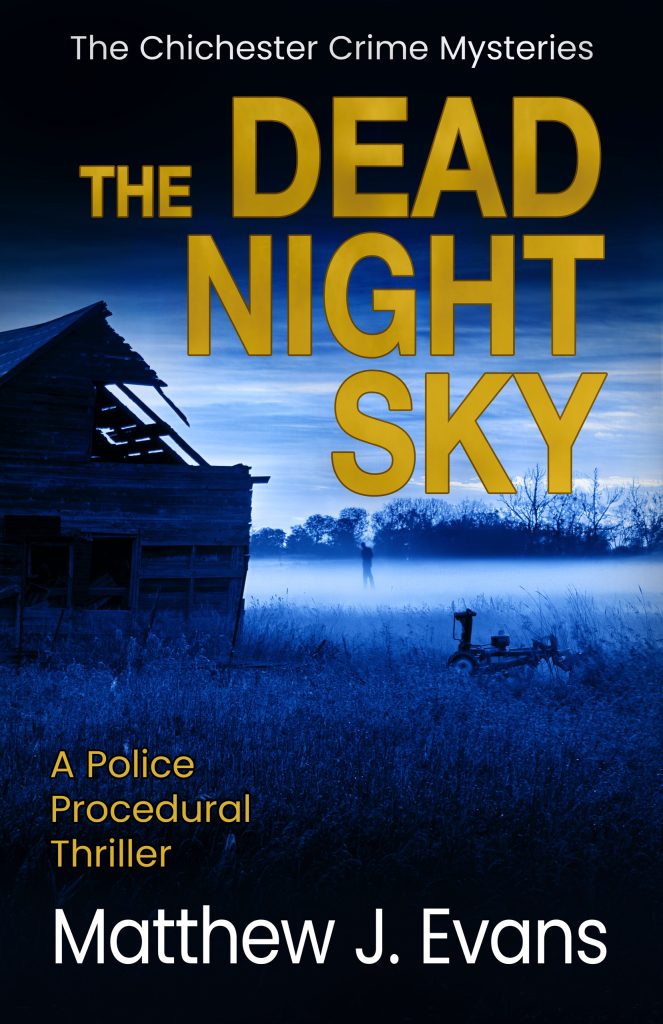Why I Choose Self-Publishing Over the Traditional Route
I often hear the dismissive claim that my books are the product of “vanity publishing.” It’s a lazy and outdated attempt at an insult, and it usually comes from people who don’t understand the modern publishing landscape. Sometimes it’s authors who went the traditional route years ago, when that was the only viable path. They have gone through the turmoil and disappointment of being rejected by agents and publishers over the years, and expect independent authors to endure the same struggle, as though it’s a rite of passage. Others simply parrot assumptions without grasping how far independent publishing has come.
Let’s be clear: self-publishing is not vanity publishing. Vanity publishers charge authors to print books with little regard for quality or commercial viability. In contrast, self-publishing—when done properly—is a professional endeavour requiring skill, discipline, and business acumen. I don’t pay someone to publish me. I am the publisher.
Traditional publishers, like any business, operate within a realm of risk. They invest in books they believe will sell—safe bets, celebrity names, established series. Debut authors without a platform are a gamble. If your book doesn’t perform straight away, they won’t keep throwing money at it. That’s not a criticism, it’s just the economics of publishing.
I chose to go independent not because traditional publishing was out of reach, but because I didn’t want to wait eighteen months for a book I finished a year earlier to finally reach readers. Self-publishing offers the freedom to publish on my own terms. I choose my covers, set my own timelines, work with editors I trust, control pricing, and retain all rights to my work. I don’t need permission to experiment with new genres or respond quickly to market trends. That speed and flexibility suit both my personality and my readers.
It’s hard work. I am not just an author. I’m my own marketing department, publicist, designer, and strategist. I run Facebook ads, build my mailing list, interact with readers, and sell directly. I learn. I test. I improve. That might sound like a lot, and it is, but it’s worth it because I believe in the stories I write, and I take responsibility for getting them into readers’ hands.
I’m also a professional member of the Crime Writers’ Association, an organisation that doesn’t accept just anyone. I had to demonstrate that my books are selling and that I approach both writing and publishing with professional standards. In addition, I’m a member of the Alliance of Independent Authors, a respected body that champions ethics and excellence in self-publishing. These memberships aren’t just badges—they reflect the serious commitment I’ve made to my craft and my readers.
There are costs that all require upfront investment. But I earn 70% royalties on my ebooks, and every sale is mine. I’ve sold thousands of books and built a growing readership, with no middleman taking a cut or diluting my brand.
Some people still cling to the idea that traditional publishing offers more legitimacy. But times have changed. There are traditionally published authors earning less and reaching fewer readers than successful indies. And many traditionally published writers now turn to self-publishing for greater control, quicker income, and creative freedom.
I’m not anti-traditional publishing. For some authors, it’s the right path. But for me, independent publishing is a serious, professional, and rewarding career choice, not a second-best option or a shortcut. I may even take a project or two that way—the choice is mine.
At the end of the day, this is my journey. Yours may differ, and that’s fine. But let’s drop the snobbery. Writing is hard. Publishing is harder. If you’re creating books and reaching readers, then you’re doing the work. Whether you’re published by a big five house or by yourself, we all share the same goal: to tell stories that matter.
And if you’re still not sure whether self-publishing is a legitimate path, consider this list of authors who have self-published—at least at some point in their careers:
Jane Austen, Mark Twain, Margaret Atwood, Andy Weir, Mark Dawson, John Grisham, Beatrix Potter, Gertrude Stein, Deepak Chopra, Henry David Thoreau, Virginia Woolf, Tom Clancy, L. Frank Baum, William Blake, Elizabeth Barrett Browning, Lord Byron, E.E. Cummings, Alexandre Dumas, T.S. Eliot, Benjamin Franklin, Thomas Hardy, Ernest Hemingway, Stephen King, Rudyard Kipling, D.H. Lawrence, Edgar Allan Poe, Alexander Pope, George Bernard Shaw, Percy Bysshe Shelley, Alfred Lord Tennyson, Leo Tolstoy, Walt Whitman, LJ Ross, JD Kirk.
If you’re curious about self-publishing, I highly recommend Barry Hutchison’s (aka JD Kirk) course Page to Published. It’s a fantastic, no-nonsense guide to making self-publishing work—especially if you’re serious about writing as a career.
We’re in good company.
Featured image by Stephen Phillips
Article updated 23/05/2025

